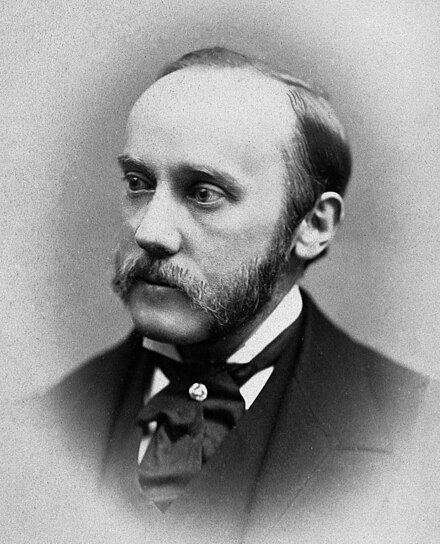
Samuel Gee
Samuel Gee: Pioneering Contributions to Understanding Celiac Disease
Samuel Gee, a distinguished British physician, made significant strides in the field of gastroenterology during the late 19th and early 20th centuries. His pioneering work in identifying and describing Celiac Disease laid the foundation for modern understanding and treatment of this often-misunderstood condition. This article delves into the life and contributions of Samuel Gee, highlighting his invaluable legacy in the field of medicine.
Early Life and Education
Born on May 13, 1839, in London, England, Samuel Gee exhibited a keen intellect and an insatiable curiosity from a young age. He attended St. Bartholomew’s Hospital Medical School, one of the premier medical institutions of the time. Gee’s sharp mind and dedication to his studies earned him several awards and accolades throughout his academic journey.
Gee’s Medical Career
After completing his medical training, Samuel Gee quickly gained recognition for his clinical skills and diagnostic acumen. He was appointed as a physician at St. Bartholomew’s Hospital, where he would spend a significant portion of his career. His astute observations and meticulous record-keeping set him apart as a physician of exceptional talent.
Discovery of Celiac Disease
It was in 1887 that Gee made his most enduring contribution to the field of medicine. In a landmark lecture delivered before the British Medical Association, he presented a paper titled “On the Coeliac Affection.” In this lecture, Gee described a condition characterized by chronic diarrhea, malnutrition, and other symptoms, and he identified a link between these symptoms and the consumption of wheat-based products.
Gee’s groundbreaking insight was based on his careful clinical observations and a series of meticulously documented cases. He recognized that this condition was not a result of an infectious agent, as was previously believed, but rather a sensitivity to certain components of wheat. He urged physicians to consider dietary modifications as a crucial aspect of treatment.
Legacy and Impact
Samuel Gee’s work on Celiac Disease marked a pivotal moment in the understanding of gastrointestinal disorders. His emphasis on the importance of diet in managing the condition laid the groundwork for contemporary dietary approaches to treating Celiac Disease. Today, gluten-free diets are widely recognized as the primary treatment for individuals with this condition.
Furthermore, Gee’s contributions extended beyond Celiac Disease. His keen observations and methodical approach to medicine influenced subsequent generations of physicians and researchers, leaving an indelible mark on the field of gastroenterology.
Samuel Gee’s legacy endures as a testament to the power of astute clinical observation and meticulous record-keeping in the field of medicine. His groundbreaking work on Celiac Disease not only revolutionized the understanding of this condition but also paved the way for modern approaches to diagnosis and treatment. Gee’s contributions to the field of gastroenterology continue to be celebrated, and his name remains synonymous with the quest for knowledge and excellence in medical practice.
